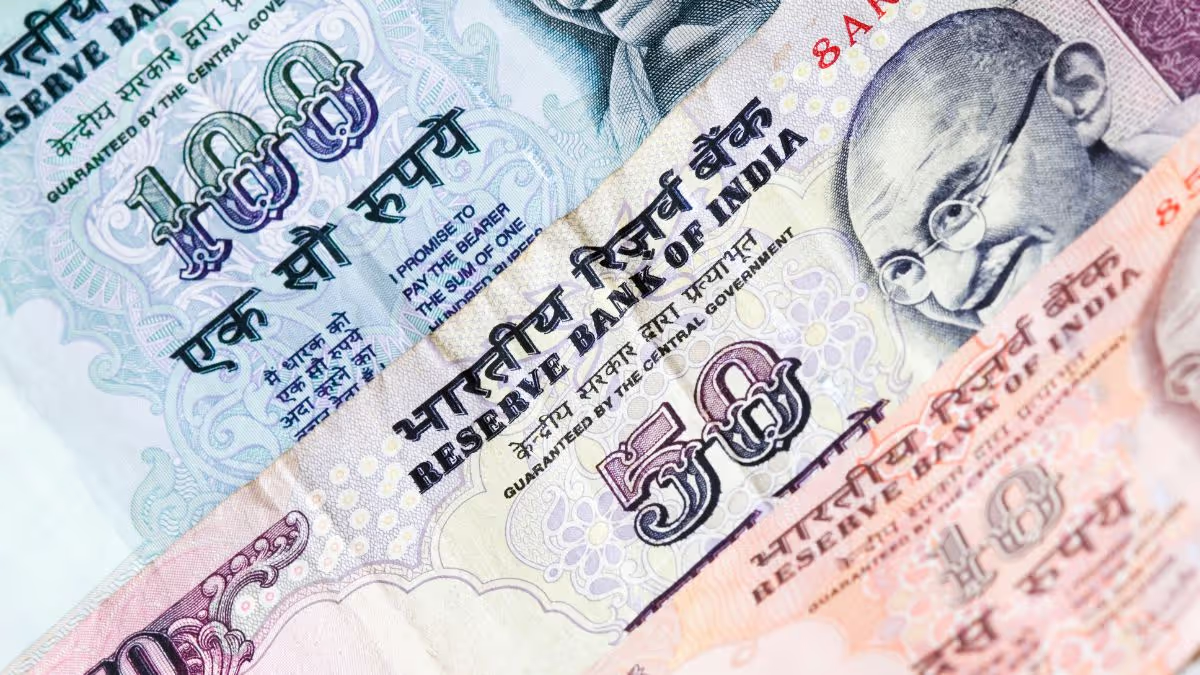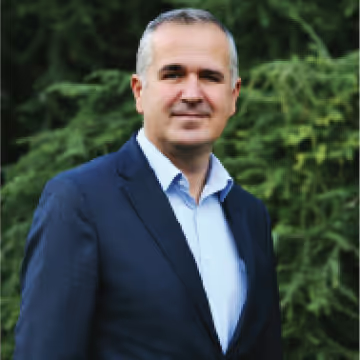BRICS Residency Options?
In the shadow of stagnating Western economies and an increasingly fractious geopolitical landscape, a new order is quietly but resolutely taking shape. BRICS—once shorthand for a catchy Goldman Sachs acronym—has evolved into a diplomatic and economic force remapping the global order.
As of the BRICS Summit in January 2025, with new entrants like Saudi Arabia, Ethiopia, Iran, and the United Arab Emirates, the bloc now represents more than 45% of global GDP by purchasing power parity.
The implications for global citizens, particularly the ultra-wealthy, are profound. The question is no longer if you need a second passport, but whether it aligns with the dynamic economies that are changing the rules of engagement.
BRICS Secondary Citizenship Options
BRICS nations—Brazil, Russia, India, China, and South Africa—were initially grouped by economic potential. Today, they represent a strategic counterbalance to the G7, championing the rise of the Global South.
With the expansion of the BRICS cohort, the bloc has matured from a symbol of potential into an operational powerhouse, catalyzing new trade agreements, financial systems, and immigration policies.
For High Net Worth Individuals (HNWIs), especially centi-millionaires tracking private wealth trends in the January 2025 Wealth Report, the BRICS bloc offers more than economic headlines. It offers strategic depth. Citizenship by Investment (CBI) programs tied to BRICS or potential BRICS nations now serve as crucial levers in a larger geopolitical chess game.
Whether you're hedging against the monetary status quo or seeking new avenues for cross-border trade, aligning your passport portfolio with BRICS is no longer speculative—it's strategic.

BRICS Passport Options
The passport, once a mere travel document, is now a geopolitical asset. In the latest Passport Power Index, Brazilian and South African passports are climbing not just for their visa-free access but for the doors they open within the BRICS bloc.
Holding a passport from a BRICS member or a state aligned with the bloc increasingly provides preferential access to markets, capital, and influence.
For instance, the Brazilian passport offers a strong mix of Western hemisphere access and ties to a BRICS member state. Meanwhile, the South African passport is gaining traction among African nations and emerging economies due to its role in shaping the continent's "African Agenda" within BRICS.
Add the United Arab Emirates into the mix, and you see a pattern: a diversified portfolio of citizenships from within the BRICS bloc now mirrors the risk-aware, future-facing investment strategies of the global elite.
The Appeal of Brazilian Citizenship
Brazil, a cornerstone of the original BRICS, is emerging as a nexus for those looking to pivot away from traditional power centers. The country's strategic partnerships with China and India, coupled with its leadership in the agricultural and energy sectors, make it a valuable node in any global trade network.
For citizenship investors, the Brazilian passport isn't just about visa-free access—it's about belonging to a club reshaping the rules of engagement in global trade.
Recent immigration policies have quietly made Brazil more accessible to investors and entrepreneurs, particularly those from developing nations and among BRICS. Add its diplomatic relationships with fellow BRICS nations and its proactive stance in trade bloc negotiations, and the appeal becomes self-evident.
Brazil and South Africa, in particular, serve as southern anchors in a bloc increasingly defined by non-Western nations.
Wealth Report 2025
The January 2025 Wealth Report highlights a striking trend: the rise of centi-millionaires across emerging economies.
Private wealth is no longer concentrated in traditional hubs like London or New York. Lagos, Dubai, Sao Paulo, and Shanghai are fast becoming wealth hubs in their own right, driven by dynamic economies that are changing global power equations.
In this context, citizenship aligned with BRICS nations isn't just a matter of passport power index rankings—it's a tool for entering, influencing, and investing in the ecosystems that will define the next century.
As the Foreign Policy Association recently noted, BRICS member states are now shaping the narrative on issues ranging from the us dollar's dominance to the future of global economic governance.
Global Trade and Citizenship
CBI programs are evolving in tandem with the shift in global trade dynamics. Nations like Brazil and South Africa are offering pathways that integrate investors into the broader BRICS vision.
This includes preferential trade arrangements, easier access to banking and capital markets within the bloc, and a role in shaping the narrative of the new BRICS.
The bloc's increasing cohesion—from joint development banks to proposed common currencies—signals a departure from the old rules of the G7-dominated global economy. For investors, this is a call to diversify not just assets, but affiliations.
A well-curated citizenship strategy now includes member states of the expanded BRICS, offering both security and access in a world where obtaining a visa can mean more than just travel—it can define your role in a changing global economic order.
In a world cleaved by competing visions of progress, aligning your citizenship with the rise of BRICS isn't just wise. It's visionary.























